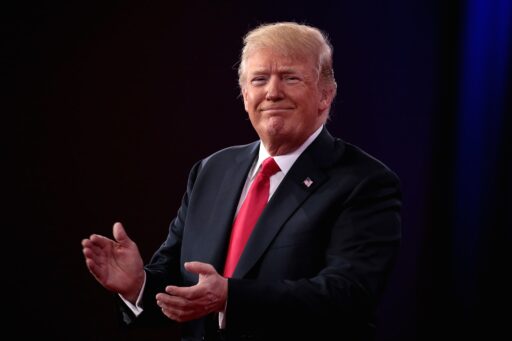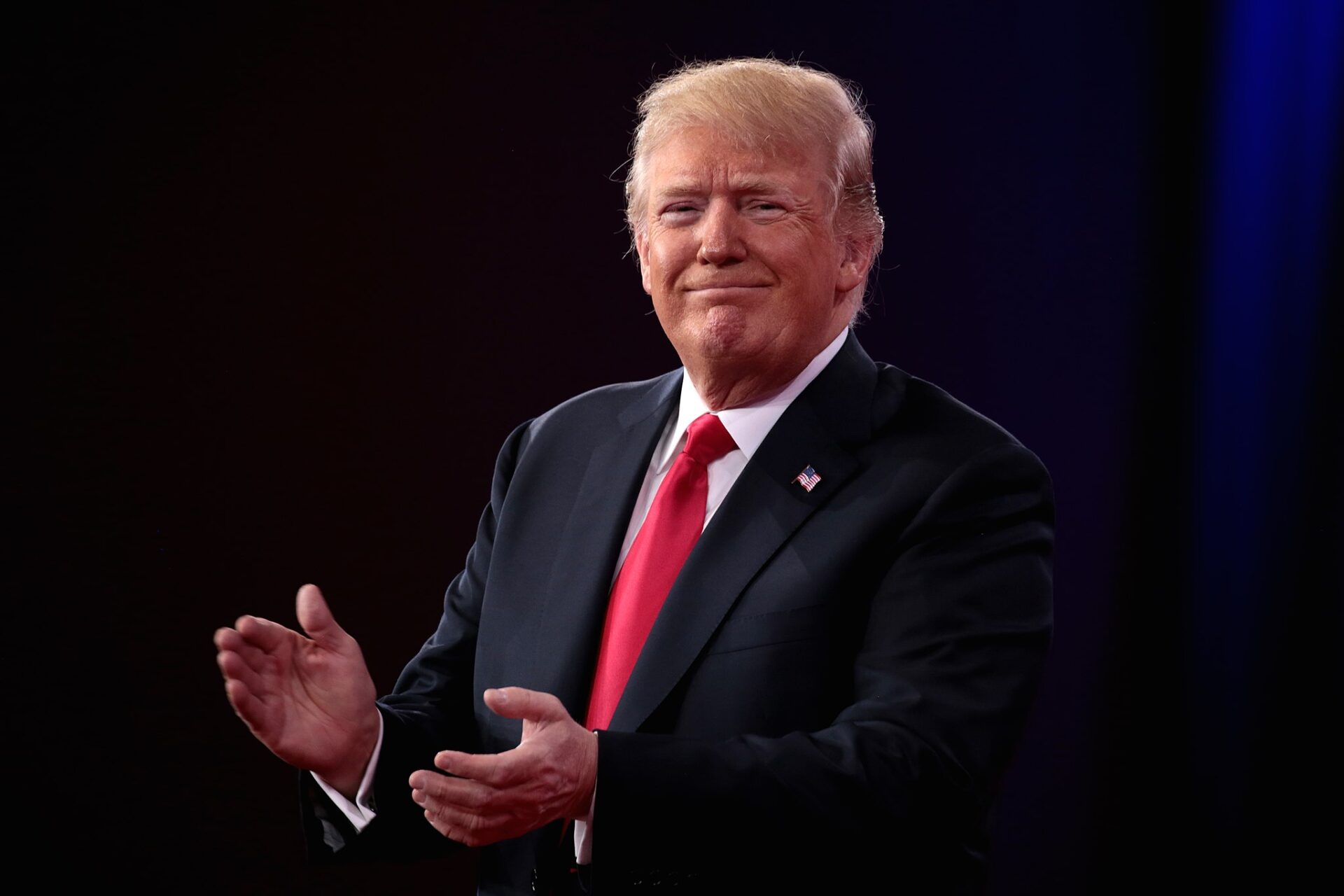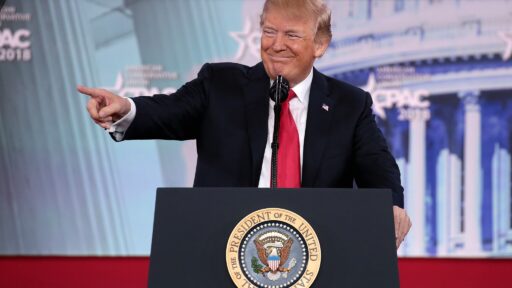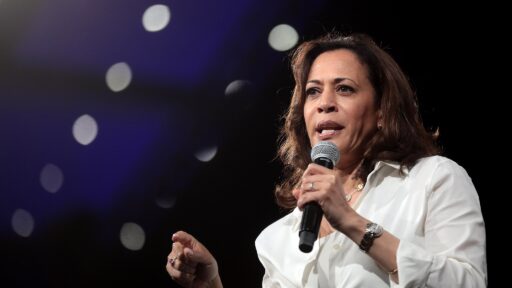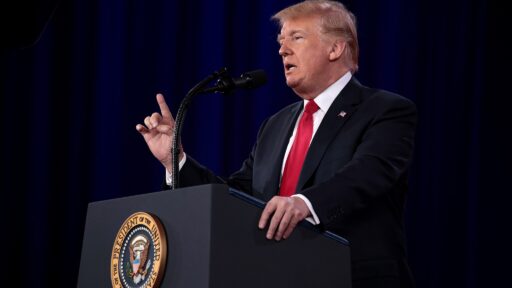Biden Administration Issues Warning To Venezuela
The Biden administration is intensifying its stance on Venezuela, urging President Nicolás Maduro to release the automatically generated election results from Sunday’s vote to substantiate his claim of victory.
At a recent White House briefing, National Security Council spokesperson John Kirby expressed growing frustration with Maduro’s refusal to provide clear election data. “Our patience, and that of the international community, is wearing thin,” Kirby said. “We are demanding that the Venezuelan electoral authority disclose the detailed, precinct-by-precinct data so that the results are transparent and verifiable.”
Kirby was referring to the printouts generated by Venezuela’s electronic voting machines, which record votes at each precinct and are issued at the end of the election day. The opposition contends that these printouts will reveal a decisive win for Edmundo González, the unified opposition’s candidate, over the incumbent Maduro.
Despite the CNE’s announcement of a narrow 51 percent victory for Maduro, the opposition and many international observers are skeptical due to the lack of precinct-by-precinct results. While nations like Cuba, Russia, China, and Iran quickly endorsed Maduro’s victory, regional players such as Brazil and Colombia have remained cautious, demanding that Maduro present the detailed electoral data.
The Biden administration has voiced concerns about the discrepancies between the official results and opposition reports, calling for the release of the voting machine printouts. However, no specific deadline has been set for this demand.
Kirby’s comments mark a significant escalation in the U.S. response following the election. He highlighted a report from the Carter Center, which described Venezuela’s 2024 presidential election as failing to meet international standards of electoral integrity. The Carter Center, having been granted access as an independent observer, criticized the CNE for its evident bias and the lack of detailed vote tally disclosures.
Additionally, Kirby pointed to a special meeting of the Organization of American States (OAS), convened by a coalition of democratic nations including Argentina, Canada, Chile, and the United States, to discuss the election’s legitimacy. “We are collaborating with fellow democracies to address these serious concerns and uphold democratic principles,” Kirby stated, underscoring the U.S. commitment to supporting electoral transparency and democratic norms in the region.


